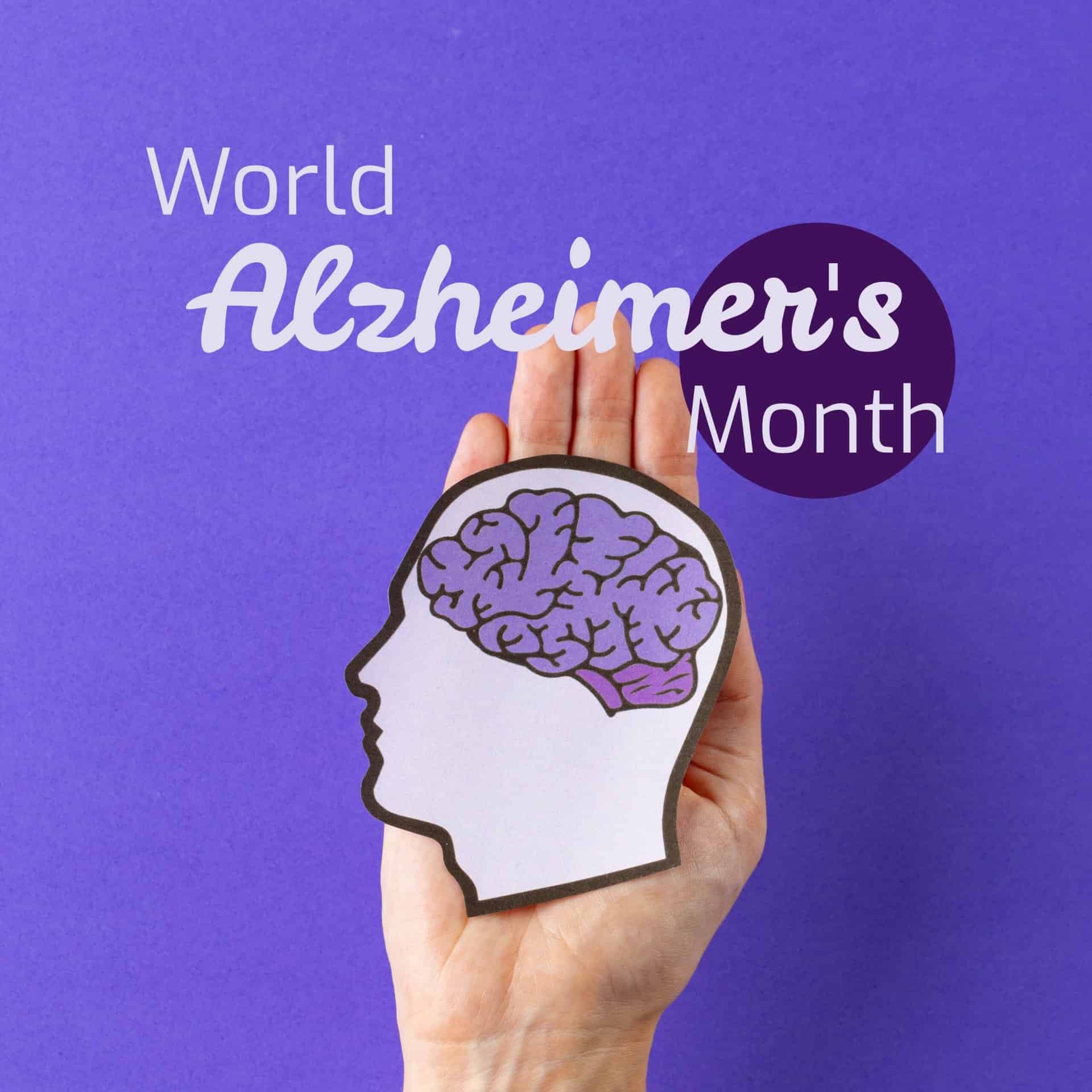Every September, the world turns its attention to Alzheimer’s, a disease that affects millions of seniors globally. With the advent of World Alzheimer’s Month, it’s the perfect time to highlight the advancements in memory care research and innovations, providing hope and better care options for those affected. Auburn Hill Senior Living, a renowned community for assisted living and memory care, delves into this vital sector’s latest findings and practices.
The Current State of Alzheimer’s Disease
Alzheimer’s Disease is a progressive neurological disorder that leads to the degeneration of brain cells. It is the leading cause of dementia and affects millions worldwide. Its impact on individuals, families, and communities underscores the importance of quality assisted living and memory care.
Recent Advancements in Memory Care Treatments
Personalized Therapy
Modern memory care is leaning more towards personalized therapy. By understanding patients’ individual needs, communities can tailor activities and interventions that can best serve and stimulate residents, leading to better outcomes and improved quality of life.
Medicinal Breakthroughs
Several new drugs are in clinical trials, showing promise in slowing the progression of Alzheimer’s. These drugs target the root causes of the disease, including the buildup of amyloid-beta plaques.
Innovative Studies in Assisted Living and Memory Care
Studies have shown that a combination of medication, therapy, and a supportive environment can significantly enhance the lives of those with Alzheimer’s. Research in assisted living and memory care facilities is ongoing, focusing on:
- Brain Stimulation: Techniques like transcranial magnetic stimulation have shown promise in rejuvenating certain brain functions.
- Dietary Interventions: Specific diets rich in omega-3 fatty acids and antioxidants might play a role in slowing cognitive decline.
- Technology in Care: Wearables and AI-driven apps can monitor health metrics, providing valuable data to caregivers and medical professionals.
Hopes for the Future
The scientific community remains optimistic about finding a cure or, at the very least, more effective treatments for Alzheimer’s. Collaborative efforts, global studies, and technological advancements are propelling the field of memory care forward.
For those seeking top-notch care, communities like Auburn Hill Senior Living remain at the forefront, integrating the latest assisted living and memory care research into their practices.
Linking Research to Practical Care
The connection between research and real-world application is evident at Auburn Hill Senior Living. The dedicated team strives to incorporate the latest findings to ensure residents receive the best assisted living and memory care available. To learn more about the innovations in Alzheimer’s care or to explore the services offered, visit their website.





